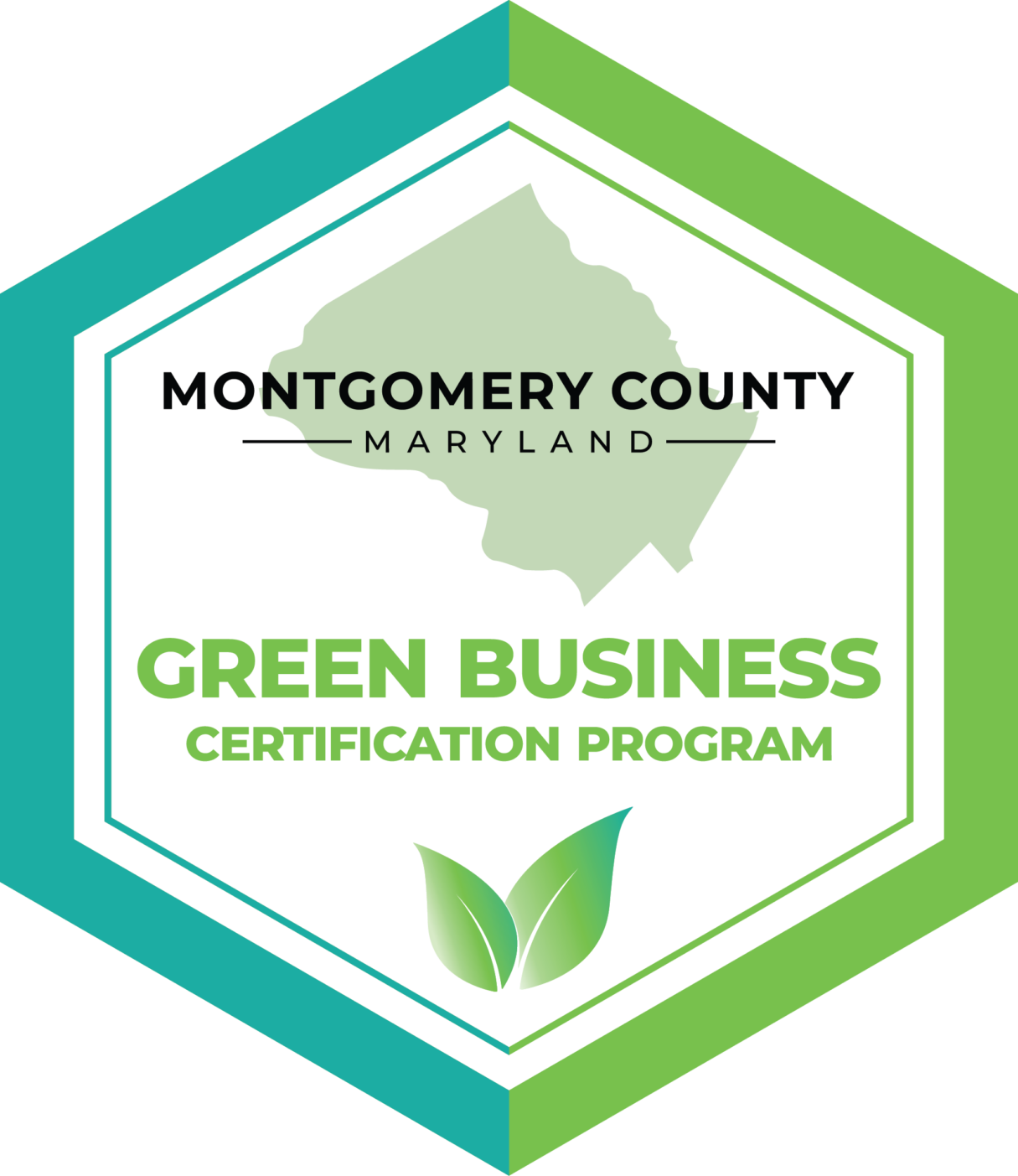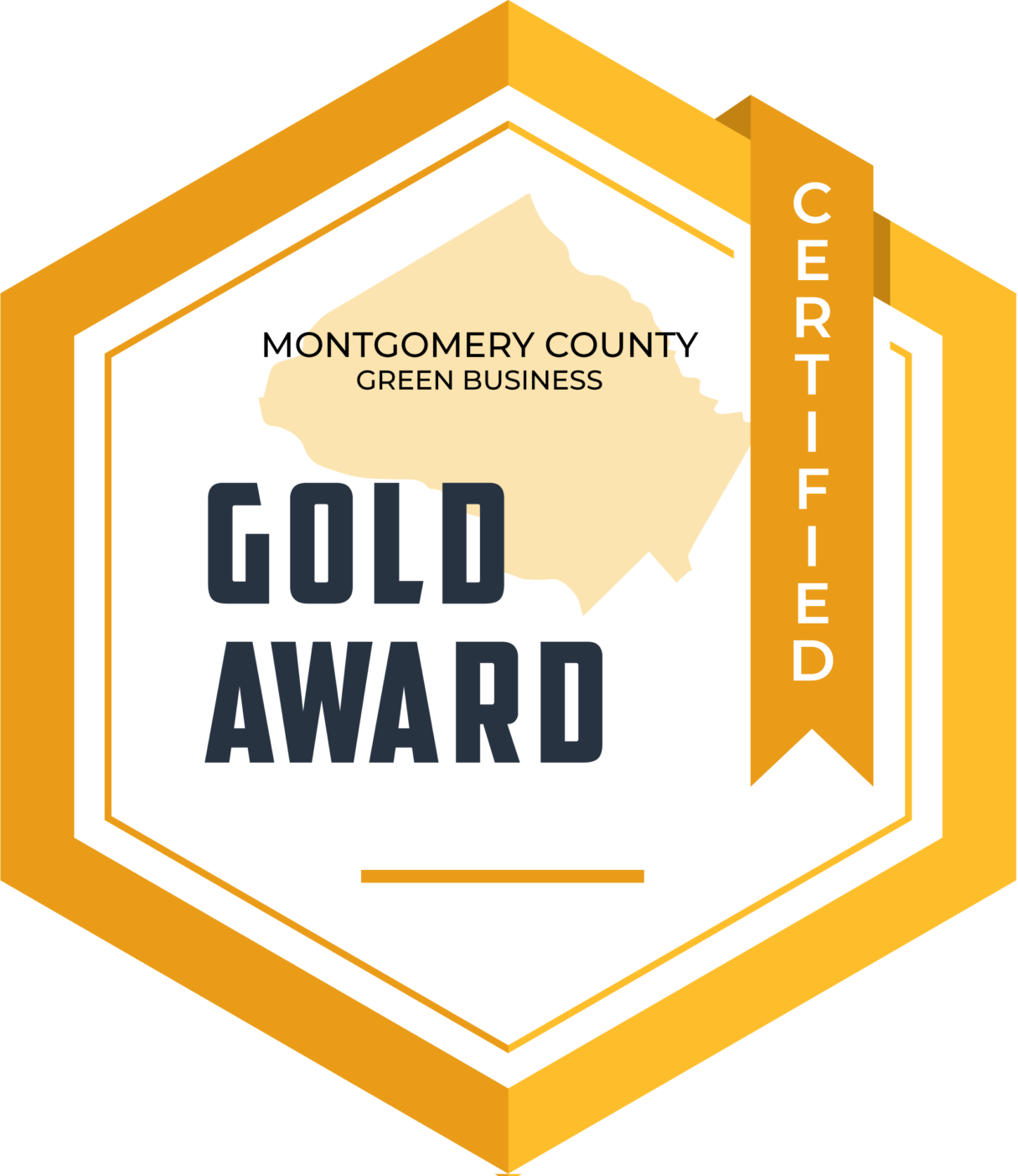Washington Association of Money Managers is pleased to present:
The Energy Transition: The Bull/Bear Renewables Debate
Wednesday, February 21, 2024 at 6:00 PM (ET)
Time:
Reception will begin at 6:00 PM
Panel discussion will begin at 6:30 PM
COVID policy: We require all registrants to be vaccinated against COVID-19 prior to attending WAMM events. For the National Press Club policy on COVID requirements, please see The National Press Club website for more information.
The energy transition is well underway as the global energy system is shifting away from fossil fuels. According to BloombergNEF, global investment in the low-carbon energy transition surged 17% in 2023 reaching $1.77 trillion, despite the effects of elevated geopolitical turbulence, high interest rates, and cost inflation. Electrified transport (e.g., cars, buses, commercial vehicles, and the associated infrastructure) is now the largest sector for spending in the energy transition, growing 36% in 2023 to $634 billion.
Decarbonization of the U.S. economy alone is expected to translate into a $4 trillion investment opportunity through 2050. The Inflation Reduction Act (IRA) signed into law on August 16, 2022 includes about $369 billion in incentives for energy and climate-related programs, which are projected to accelerate the deployment of renewable generation from about 300GW currently to over 3,500GW by 2050. Furthermore, the need for grid resiliency and “smart grid” spending, as well as electric vehicle (EV) infrastructure requirements, will drive over $100 billion per year investment in transmission and distribution assets. Tax credit transferability, i.e., one of the key provisions of the IRA, is projected to boost cash flow profiles by providing early monetization of tax credits.
Nonetheless, the need to accelerate the world’s transition to a low-carbon economy is fraught with roadblocks in an environment defined by higher-for-longer interest rates and tighter financing conditions. Deteriorating affordability of EVs and lengthening life of internal combustion engines pose another challenge to eroding one of oil’s key sources of demand. IRA repeal risks in light of the upcoming election have also been a key discussion topic within the investment community. Although unlikely to materialize, modified terms or the use of administrative powers to limit the law’s impact could translate into slower capital deployment and earnings growth.
We are fortunate to have highly respected industry experts to walk us through the opportunities, challenges, and risks associated with the energy transition:
- Michael Cohen is Chief US Economist and Head of Oil and Refining in bp’s Strategy, Sustainability & Ventures group. In this role, he is responsible for short-, medium-, and long-term oil market and industry analysis that informs bp’s Leadership Team and the bp Energy Outlook. Prior to joining bp in May 2019, Michael was Barclays’ Global Head of Commodities Research. He also worked for a decade in the public sector as an Economist with the US Department of Energy, and as a senior member of the Oil Markets Division at the IEA.
- Stephen Morel is the Chief Executive Officer and was formerly the Chief Investment Officer of the Montgomery County Green Bank (MCGB). He comes to the Green Bank with a professional background in corporate and project finance, with a particular interest in the use of public and private funds to fill market gaps and catalyze investment into high impact sectors. Prior to the MCGB, Stephen led a financial consulting company dedicated to connecting infrastructure developers with debt and equity financing sources.
- Christopher (Chris) Versace is the Chief Investment Officer and thematic strategist at Tematica Research, a thematic research and indexing firm. Tematica’s intellectual property and content powers several ETFs from Rize ETF, Han ETF and Amplify ETFs. The proprietary thematic investing framework that he’s developed over the last 15 years leverages changing economic, demographic, psychographic and technology landscapes to identify pronounced, multi-year structural changes. Chris is the co-author of “Cocktail Investing: Distilling Everyday Noise into Clear Investing Signals.”
Please note that the Chatham House Rule applies – neither the comments of the speaker nor those of other participants are for attribution.
Please register at wammdc.org by 6:00 PM ET on Wednesday, February 21, 2024. The event is $35 for WAMM members, $55 for non-members, $20 for student members, and $25 for student non-members. Please try to register early, as the space is limited!




















